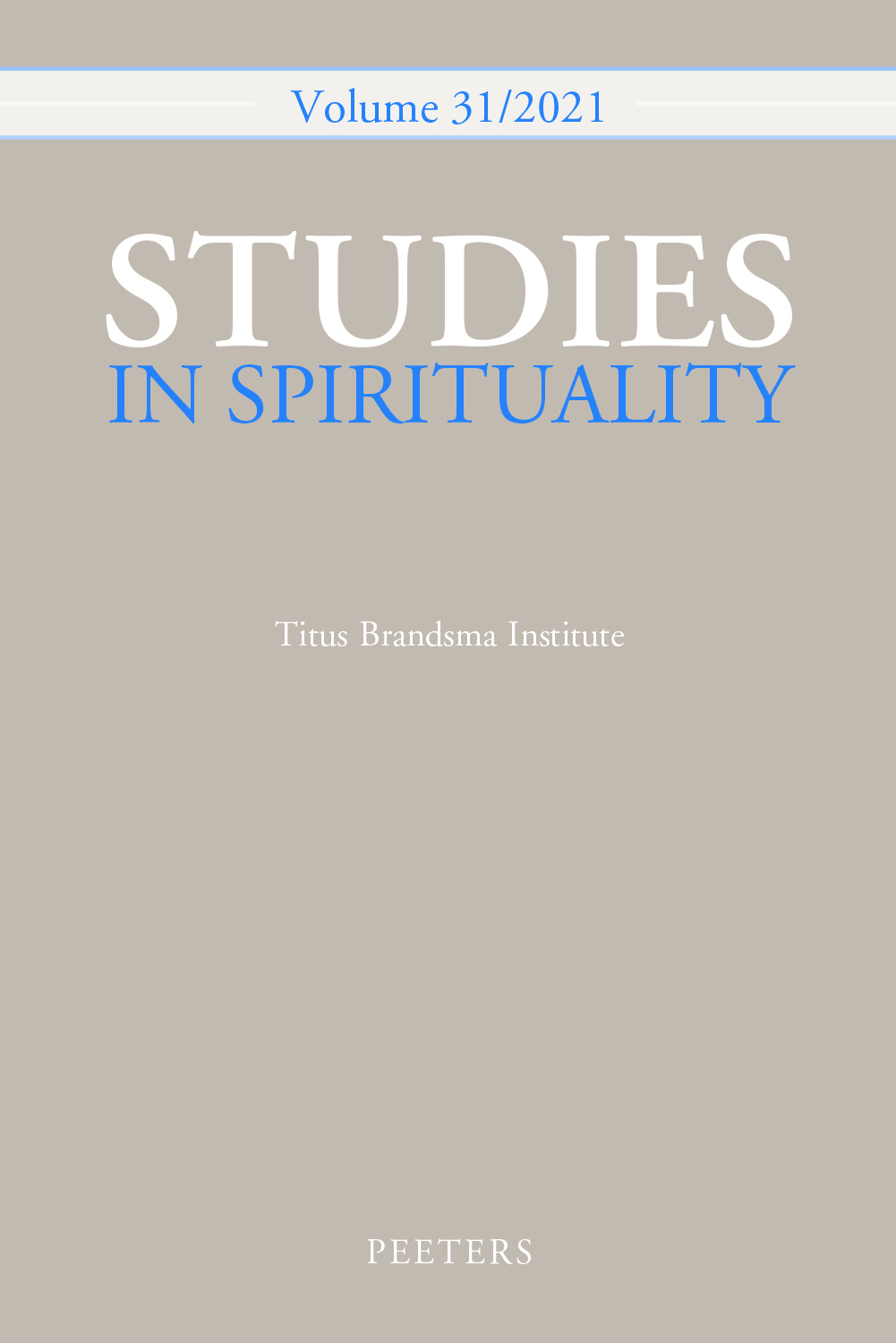 previous article in this issue previous article in this issue | next article in this issue  |

Preview first page |
Document Details : Title: Basilides and the Political Implications of Negative Theology Author(s): VERSLUIS, Arthur Journal: Studies in Spirituality Volume: 19 Date: 2009 Pages: 15-23 DOI: 10.2143/SIS.19.0.2043670 Abstract : Negative theology, of its very nature requires awareness of the fundamental inadequacy and the mere instrumentality of language and concepts. Basilides is a valuable example of this both because he is relatively early (within a generation or two of Christ and the apostles), and because we can discern in his teachings and lineage so much that is visible elsewhere in the history of Christianity. His example is synecdochic – he represents and in many respects incarnated what was excluded by the Ante-Nicene Fathers, by Augustine, and by the emergence of an orthodoxy that could bolster its legitimacy primarily by dualistic rejection, that is, by projecting ‘heresy’ onto Basilides, his followers, and countless other Gnostic groups and individuals. Politically, Basilides’s negative theology implies pluralism in the open space created by gnosis, that is, experiential knowledge of not-being (oukon). |
|


